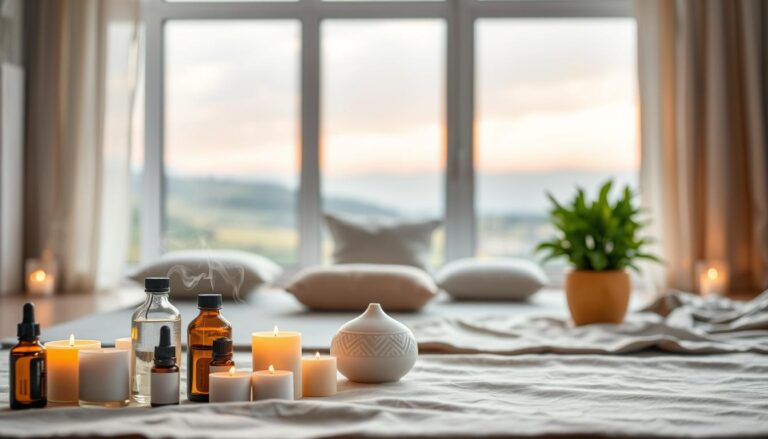How to Reconnect With Yourself — The First Step Toward True Healing
Embarking on a journey of deep, lasting self-care begins with one powerful yet often overlooked practice: reconnecting with yourself. Anurag Rishi, a seasoned holistic wellness coach and transformational speaker, emphasizes that healing starts from within—by tuning into our inner world, emotions, and authentic truth. In this comprehensive guide, we’ll: Why Reconnecting Truly Matters In today’s hyperactive,…








